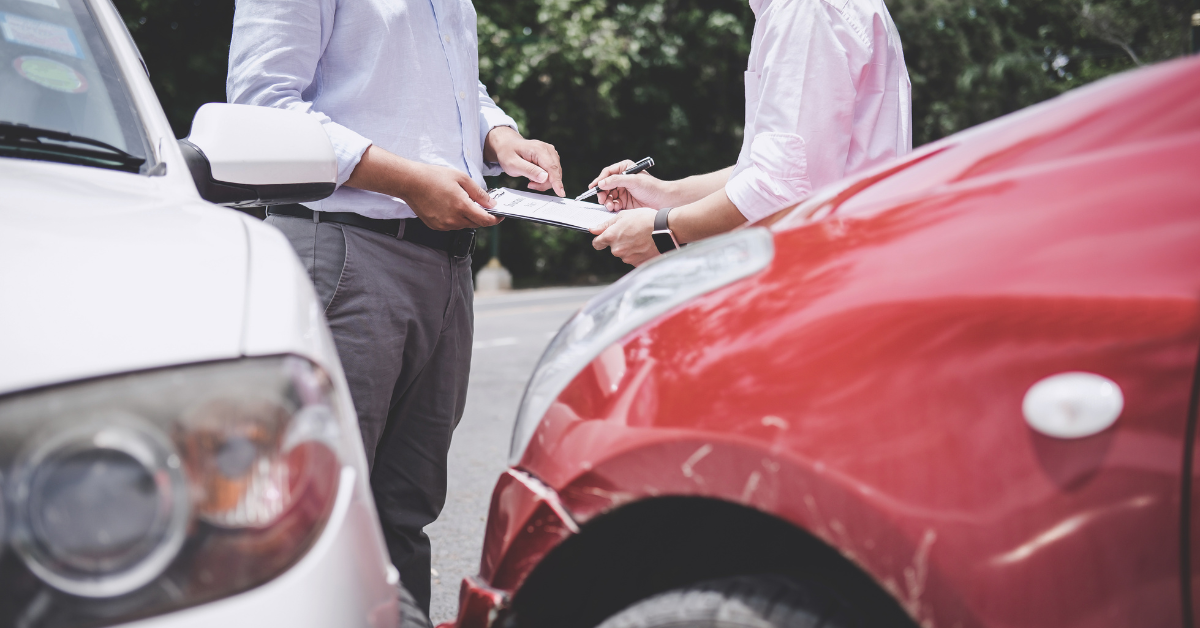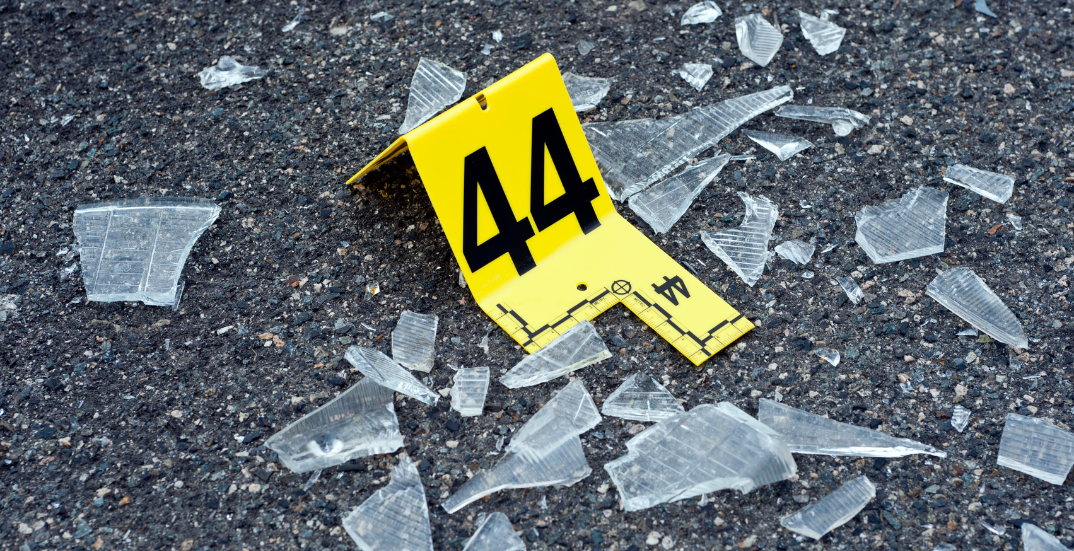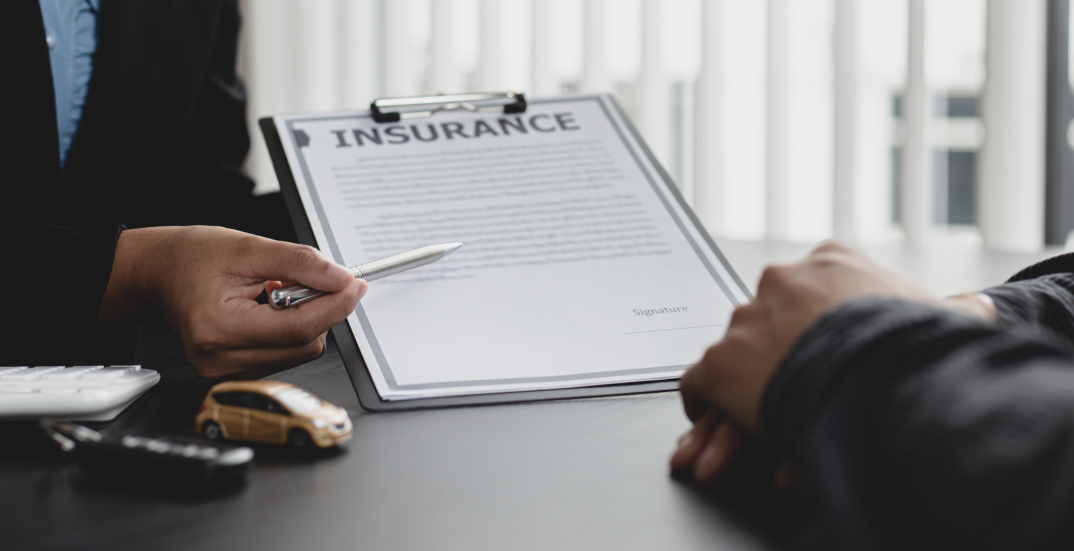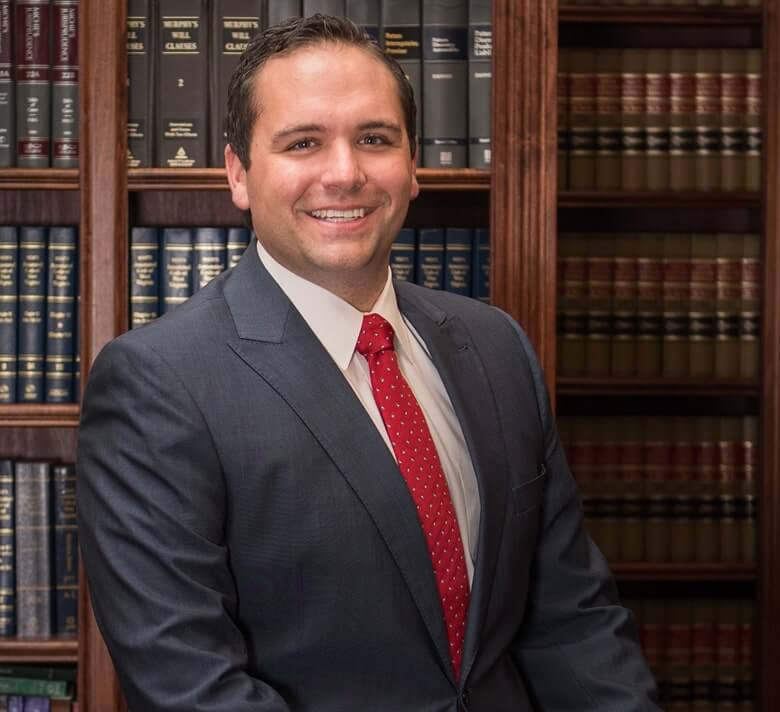
Car accidents can be stressful, especially when the at-fault driver is dishonest about what happened. Unfortunately, this is more common than you might think. Drivers often lie to their insurance companies to avoid liability and protect their driving record or insurance premiums. If you’re the victim in this situation, it can be frustrating and confusing, especially when you’re trying to get compensation for damages. Seeking legal help after a crash in West Virginia can make a significant difference in how your case is handled and resolved.
Don’t worry. You have options. In this article, we’ll guide you step by step on what to do when the at-fault driver lies about the accident to their insurance company. This guide focuses on West Virginia’s fault-based insurance laws and provides practical advice for navigating these difficult situations.
West Virginia follows a fault-based insurance system, which means that the person responsible for causing the accident is also responsible for paying for the damages.
This system relies on tort law, where the injured party must prove that the other driver was at fault before they can recover compensation.
In a fault-based system like West Virginia’s, you, as the injured party, must identify the at-fault driver to hold them accountable. Once fault is established, their insurance should cover your medical expenses, lost wages, property damage, and other losses.
However, if the at-fault driver lies about what happened, this process can become much more challenging. They may misrepresent the facts or deny responsibility altogether, potentially complicating your claim.
When the at-fault driver lies, they may attempt to shift the blame onto you or claim that the accident occurred differently than it did. Unfortunately, insurance companies may accept their version of events if there’s insufficient evidence to prove otherwise.
That’s why it’s so important to know what steps to take to protect your rights and ensure that you get the compensation you deserve.
If you believe the at-fault driver lied to their insurance company, there are several things you can do to protect yourself and strengthen your claim.
The best way to counteract a false claim is to present solid evidence that supports your version of the events. If possible, gather as much information as you can immediately after the accident. The more documentation you have, the better your chances of proving the truth.
By securing this evidence, you’ll have a much stronger case when dealing with the insurance company.

Eyewitnesses are often the most valuable source of evidence in a car accident dispute. If someone saw the accident happen, ask them to provide a written or recorded statement describing what they witnessed. This can be especially helpful if the at-fault driver is lying because witnesses can help verify your version of events.
Eyewitness statements can help confirm the following:
By corroborating your story with witness accounts, you increase your chances of proving the other driver’s fault.
If possible, look for surveillance footage or dashcam videos that captured the accident. Many stores, traffic lights, or nearby homes may have security cameras that recorded the crash.
These types of visual evidence can be very convincing and can quickly disprove the other driver’s false claims.
Photographs and videos provide objective evidence that can be difficult to dispute.
Police reports carry significant weight when filing an insurance claim. Officers document details of the crash, such as vehicle damage, road conditions, and statements made by both drivers.
Additionally, the officer may include their professional opinion about who was at fault.
Make sure to obtain a copy of this report and submit it to the insurance company handling your claim. If the report indicates that the other driver was at fault, it can strengthen your case.
Filing a claim after an accident is often a drawn-out process. When the at-fault driver lies, this process can become even more frustrating. However, by staying calm and sticking to the facts, you can avoid falling into common traps. If you’re unsure where to start, seeking legal guidance from Manchin Injury Law can help you understand your rights and navigate the challenges ahead.
When discussing the accident with the police, insurance companies, attorneys, or witnesses, it’s essential to be truthful and consistent in your account. Only share details that you know to be accurate. Avoid speculation, as it can weaken your credibility.
Meanwhile, if the at-fault driver is lying, they will likely become inconsistent or change their story. This inconsistency can work in your favor, as it often reveals the dishonesty of their claim.
Once you’ve gathered all necessary evidence (photos, videos, witness statements, and the police report), submit this information to your insurance company. These pieces of evidence are critical in proving that the at-fault driver is lying and that you deserve compensation.
If the insurance company initially denies your claim or sides with the at-fault driver’s false account, don’t give up. You have the right to appeal their decision, and with strong evidence, you may be able to reverse the outcome.
Insurance companies may deny claims for various reasons, such as insufficient evidence or conflicting accounts. If the at-fault driver lied, this might have contributed to the denial of your claim.

Appealing a denied claim requires a well-documented case. Here’s what you should do:
Working with an experienced car accident attorney can make all the difference in disputes involving false claims. A lawyer can help you gather evidence, file an appeal, and even represent you in court if necessary.
An attorney will assist you by:
Dealing with a lying driver after an accident is incredibly stressful, but you’re not alone. By staying calm, gathering evidence, and working with an attorney, you can prove your case and get the compensation you deserve.
At Manchin Injury Law Group, we have years of experience helping accident victims in West Virginia. If you’re dealing with a dishonest driver and struggling with insurance companies, contact us today. We’ll fight for your rights and help you get the financial relief you need.
Call us today for a free consultation.

Member at Manchin Injury Law Group
Attorney at Personal Injury

Attorney Timothy Manchin established the Manchin Injury Law Group in 2011 after his law partner of more than 25 years became a West Virginia circuit court judge. His focus is on helping individual clients and entire families victimized by negligent acts.
We offer a free initial consultation at our office in the Manchin Professional Building — our home since 1983 — conveniently located in Fairmont.
If you are unable to visit our firm, we can come to your home or hospital room.
Fill out the form below to get in touch!